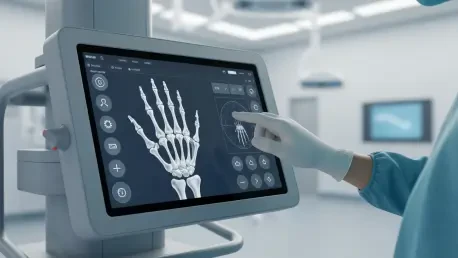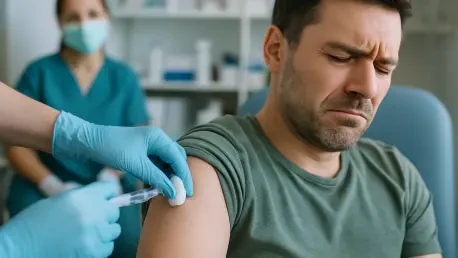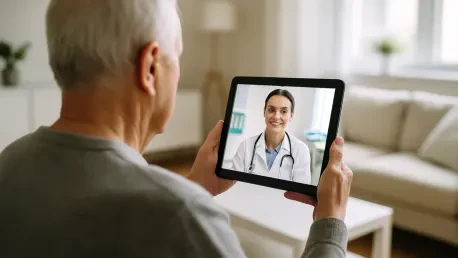

Today we're speaking with Ivan Kairatov, a biopharma expert with a keen eye for how technology is reshaping research and development. He'll be helping us unpack a groundbreaking new study on SleepFM, an AI model that analyzes sleep data to predict future disease, potentially turning a simple

A fractured bone unleashes an immediate and intense cascade of pain signals, but new evidence compellingly suggests these very same messengers are also the architects of their own repair. For decades, the nervous system's role in skeletal injury was viewed through a narrow lens: nerves reported

In the sprawling rural landscapes of Ghana, where access to quality medical care is often a matter of distance and wealth, a staggering 44% of the population faces significant barriers to receiving timely health services. For many, a simple check-up can mean a day-long journey and prohibitive

Within the intricate code of a patient's DNA lies both the blueprint of their cancer and the potential map to its defeat, yet unlocking these secrets has become a monumental challenge of information overload. The era of precision medicine has generated an ocean of genomic data, but navigating it to

The era of living medicines has dawned with treatments that can melt away once-untreatable cancers, yet this revolutionary power remains locked away from the vast majority of patients who need it. These advanced cellular immunotherapies, while miraculously effective for some, are hobbled by a

The landscape of intraoperative imaging is undergoing a profound transformation, steering the conversation away from a singular pursuit of maximum image resolution toward a more nuanced and safety-conscious paradigm. This evolution is most apparent in orthopedics, where the increasing

A groundbreaking study from Brazil has provided compelling evidence that a simple blood test could revolutionize the diagnosis and treatment of lung cancer, offering a much faster and less invasive alternative to traditional methods. Research centered at the national oncology reference center,

In the relentless battle against the opioid epidemic, medical intervention has largely been a reactive measure, but a pioneering vaccine now entering its first human trials aims to fundamentally shift this paradigm from response to prevention. Developed by researchers at the University of Houston

A landmark study examining mental health care delivery for millions of Medicare beneficiaries has revealed that telehealth, once a temporary measure, has firmly established itself as a dominant and permanent fixture in the healthcare landscape, fundamentally reshaping how patients access services

The intricate symphony of the human brain has long been played through a filter of heavy static, but a revolutionary AI conductor is finally allowing scientists to hear the music clearly for the first time. For decades, researchers have relied on functional magnetic resonance imaging (fMRI) to
ITCurated uses cookies to personalize your experience on our website. By continuing to use this site, you agree to our Cookie Policy